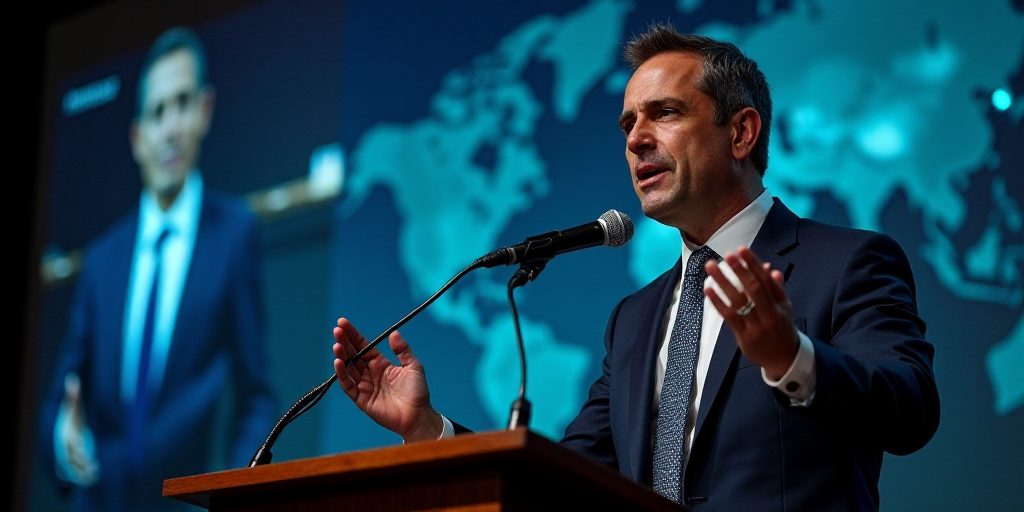Background on Marcelo Ebrard and His Role
Marcelo Ebrard, Mexico’s Secretary of Economy, has been instrumental in shaping the country’s economic policies. Appointed by President Claudia Sheinbaum, Ebrard plays a crucial role in addressing the growing trade deficit with Asia. His recent proposal for new tariffs seeks to protect key industries and preserve jobs.
Proposed Tariffs to Reverse Trade Deficit
The Mexican federal government has proposed imposing the maximum allowable tariffs by the World Trade Organization (WTO) on 1,463 product classifications across 17 strategic sectors. This initiative is part of the 2026 Economic Package, which must be approved by legislators in 2025.
Ebrard estimates that without these new tariffs, up to 320,000 jobs in the automotive industry could be at risk due to the growing trade deficit with Asia. The deficit has increased by 83% from 2020 to 2024, and it could reach 100% growth in the following year.
Impact on Other Industries
Beyond the automotive sector, other industries affected by these tariffs include textiles, clothing, plastics, steel, home appliances, aluminum, toys, furniture, footwear, leather goods, paper and cardboard, motorcycles, trailers, glass, and more.
Ebrard highlighted the textile and footwear industries, which have lost 130,000 jobs due to unfair trade practices. In December 2024, he mentioned that the Mexican textile industry had lost 79,000 jobs over a year due to similar issues.
Consultations with WTO Members
As part of the process to implement these new tariffs, Mexico must hold consultations with WTO members who request them, such as China, South Korea, and India. Ebrard emphasized the importance of listening to their arguments and presenting Mexico’s case.
“We need to listen to them, understand their arguments, and explain ours,” Ebrard said. “One of our justifications is that the rapid expansion of Mexico’s trade deficit with Asia has led to job losses in various sectors.”
Rising Imports from Asia
Mexico’s imports from Asian countries have surged at an annual rate of 12.1% in the first half of 2025, driving their value to a record $132.191 billion. As a result, Asia’s share of Mexico’s total imports reached an all-time high of 42.5% in the first half of the current year.
Key Questions and Answers
- What is the main goal of the proposed tariffs? The primary objective is to reverse Mexico’s growing trade deficit with Asia and protect jobs in key industries, such as automotive, textiles, and others.
- Which industries will be affected by these tariffs? The tariffs will impact various sectors, including automotive, textiles, clothing, plastics, steel, home appliances, aluminum, toys, furniture, footwear, leather goods, paper and cardboard, motorcycles, trailers, glass, and more.
- Why are consultations with WTO members necessary? Consultations ensure that Mexico considers the arguments of other countries affected by the tariffs and presents its case effectively.
- How have imports from Asia affected Mexico’s economy? Mexico’s imports from Asian countries have increased significantly, leading to a growing trade deficit and job losses in various sectors.






